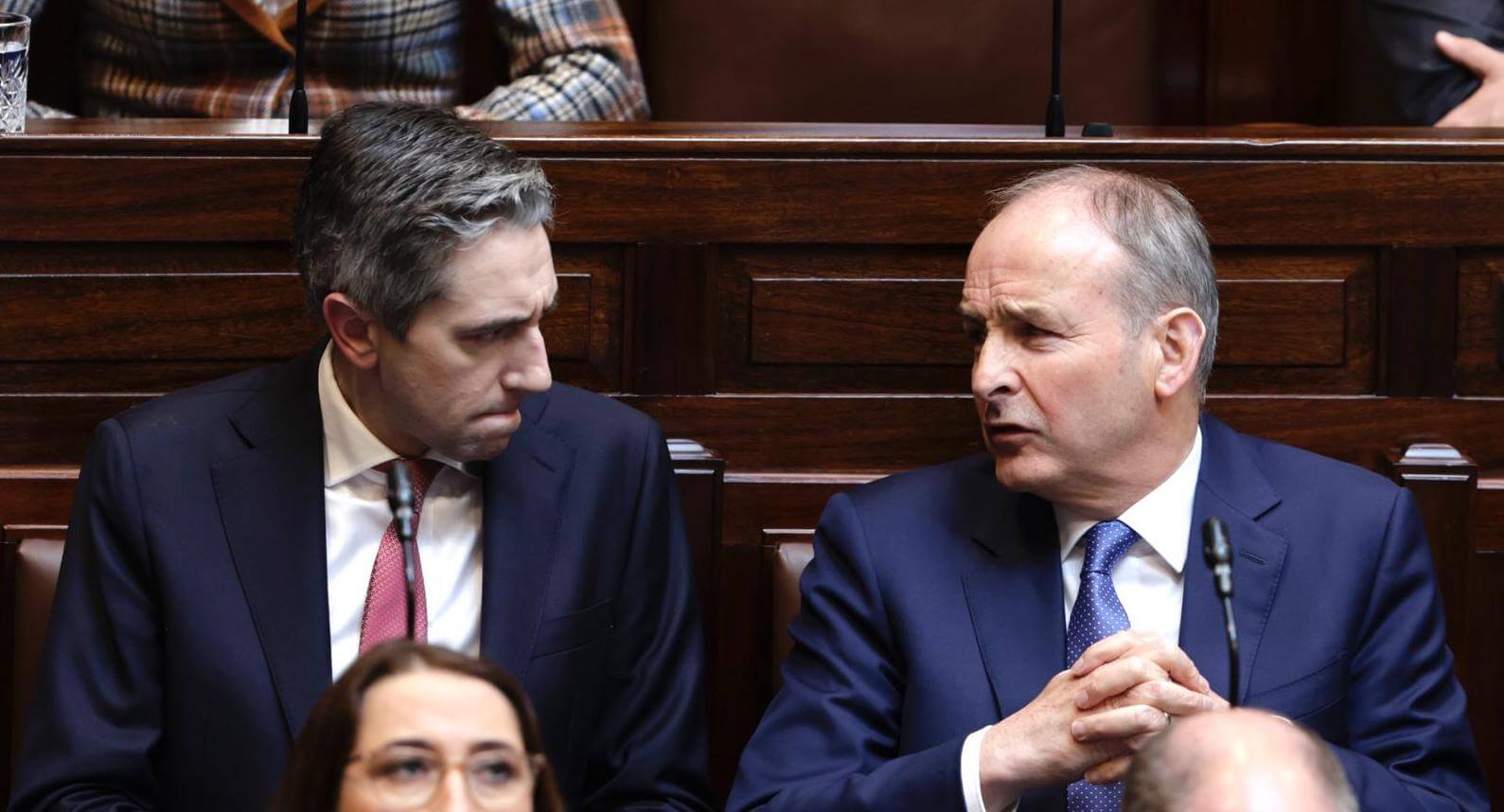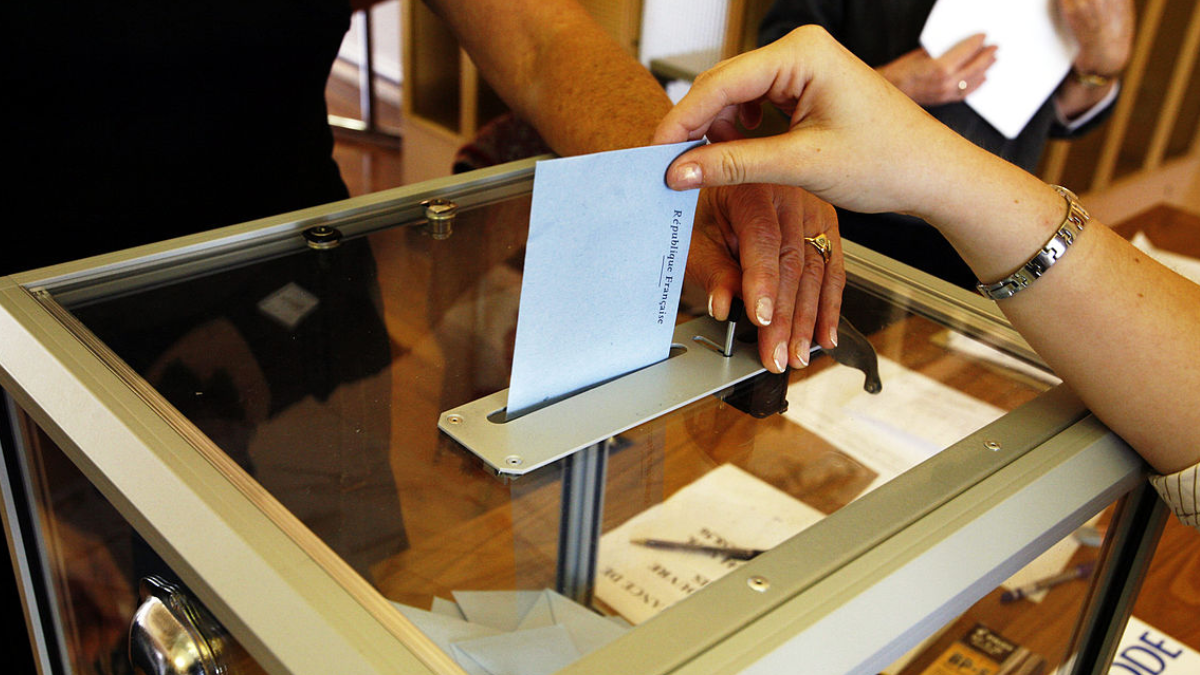The video-sharing app TikTok has undoubtedly affected billions of lives. Many see it as emblematic of the 2020 COVID lockdown, with the app being downloaded 853 million times worldwide. Since then, the platform’s sheen has faded. Concerns over parental oversight of their children’s usage of the app has been replaced by serious distress over the app’s Chinese associations.
The UK has been a party to these worries. So why has TikTok been the subject of international wrangling and what implications does the ban have for political engagement and campaigning on the platform?
A data-driven concern
The UK Cabinet Office took a decisive step last month by banning TikTok on all official devices over data privacy and national security concerns. This “precautionary move” was informed by the UK’s National Cyber Security Centre report, and is emblematic of the deepening climate of mistrust over the Chinese Government’s influence in the technological sphere.
Like all social media platforms, TikTok collects vast amounts of user data, including location information, browsing history and behavioural patterns. The company stores global user data in centres in the US and Singapore and it has revealed plans to implement a data centre in Dublin to store UK and European Economic Area (EEA) user data. However, proponents of a TikTok ban view the app as a security risk insofar as there is Chinese Government influence over its parent company, ByteDance. What concerns critics is that a 2017 national intelligence law passed by the Chinese Government, which requires all citizens and businesses to assist in intelligence gathering, could allow national security authorities access upon request to personal user data.
TikTok CEO Shou Zi Chew has been clear that TikTok has never shared user data with the Chinese Government, testifying in a recent United States congressional hearing that the company “would not honour such a request if one were ever made”. Still, since the Biden Administration banned TikTok from government devices in February this year, other governments have acted similarly, including the executive arms of the European Union as well as all the ‘Five Eyes’ countries.
UK-China relations entering a new phase?
The UK ban indicates that Westminster is becoming increasingly hawkish towards China. The Foreign Secretary has insisted that rather than viewing China as either a threat or opportunity, the UK must aim to navigate the relationship with nuance. However, China hawks, such as Chair of the Foreign Affairs Select Committee Alicia Kearns MP, do not believe the ban goes far enough to address the security risk. Some, particularly in the US, have gone as far as to argue TikTok should be banned or restricted nationwide. But putting up such a firewall – assuming this would be possible to implement – against TikTok seems rather reminiscent of China’s own “Great Firewall” that has kept foreign platforms such as Facebook, YouTube and Google out of China for the last 25 years. The justification in both cases is to protect national security interests. In trying to curb the influence of an authoritarian country, this kind of censorship would equate to becoming more authoritarian at home.
This is not the first time TikTok has been an object of geopolitical tussle; India blocked TikTok entirely in 2020 following a border clash with China. This carved out an opportunity for Instagram to grow in the country and replace TikTok’s hegemony by launching the endlessly scrolling, short video Reels feature. The success of this TikTok-esque model shows how effective the short-video model is as a strategy for capturing users’ attention spans. For political communications, regardless of the extent to which TikTok might be a “data Trojan horse” for Chinese intelligence gathering and interference, the UK ban may have implications for politicians’ use of TikTok as a campaigning tool.
A clamp on campaigning
In contrast to Meta’s Facebook and Instagram, TikTok’s ad policy prohibits all political ads on its platform, stating that political content of this sort would be out of tune with its role as an “entertainment platform”. However, a number of MPs currently have TikTok accounts on their private devices. For example, Matt Hancock MP, who has more than 183,000 followers, regularly shares short videos directly addressing his followers, often donning a light-hearted tone such as in a clip of him in a union jack apron, flipping a pancake (“Just when you thought my puns couldn’t get any batter…”). Similarly, Dehenna Davison MP uses TikTok to share “behind the scenes” footage of her life as an MP, with over 3,000 followers. Grant Shapps MP, for his part, whilst mostly using his account to discuss legislation and parliamentary business, posted a Leonardo DiCaprio film clip after the announcement of the ban confirming “I will NOT be leaving TikTok anytime soon!”. Shapps has made TikTok part of his brand, and has become renowned for his often memorable uses of the app to showcase policy or departmental change.
The short and often humorous nature of videos on the platform makes TikTok a powerful tool for communicating directly, with a large and diverse pool of voters. TikTok has a particular reach amongst the young, with just over 40% of UK users of TikTok aged between 18 and 24 years old. TikTok has in fact been shown to impact young people’s perceptions of political candidates’ likeability and trust in government. Politicians using the app for campaigning purposes may be concerned that its ban strips their ability to engage with younger voters and build a connection with them over the app. This particular worry may strike Conservatives representing seats in cities or university towns most – for example, in York Outer, Buckingham, Loughborough, and Worcester.
For now, at least, TikTok seems somewhat safe in the arena of UK politics, despite the parliamentary ban. But as geopolitical tensions between China and the UK continue to simmer, the future of TikTok and its place in the global technology landscape remain uncertain.






